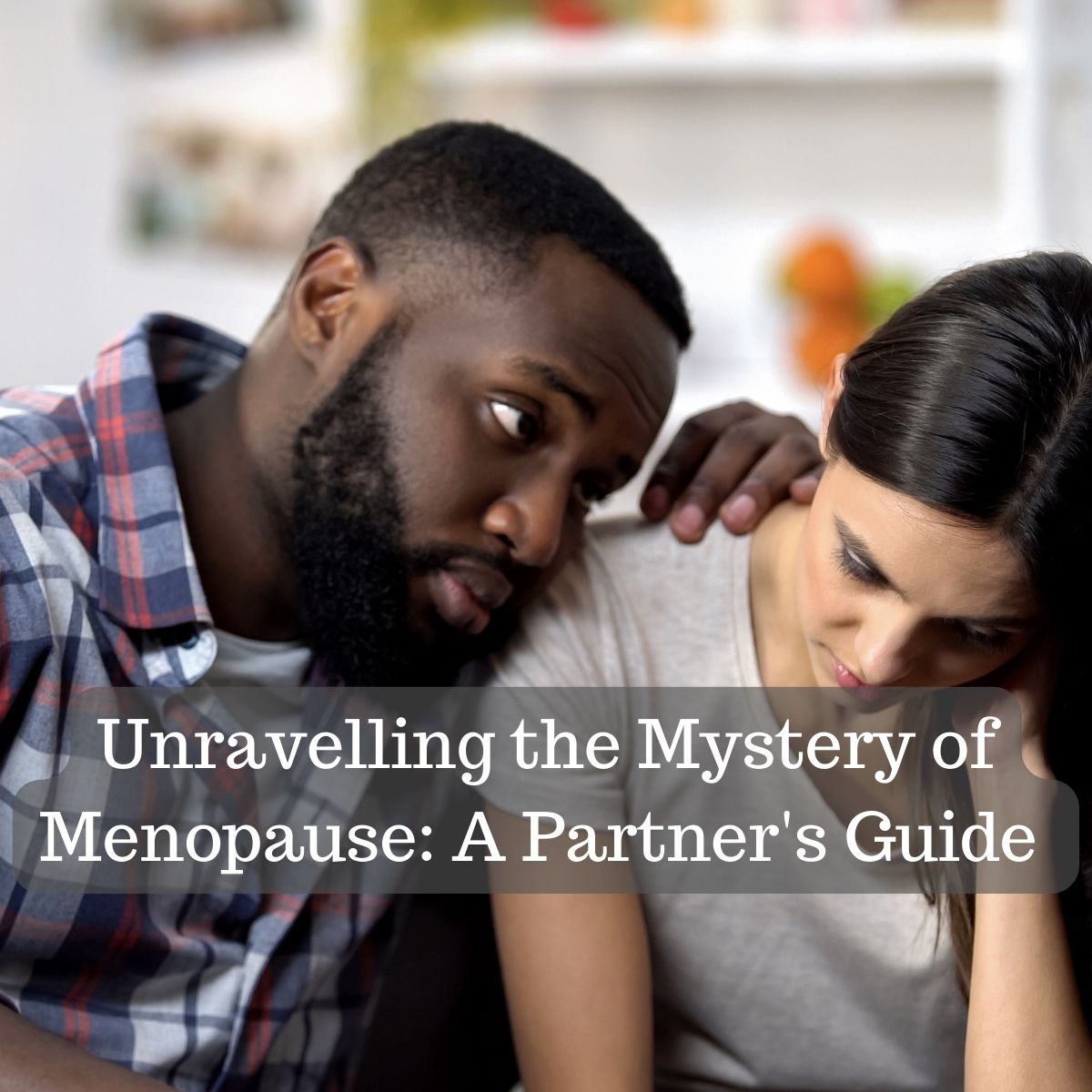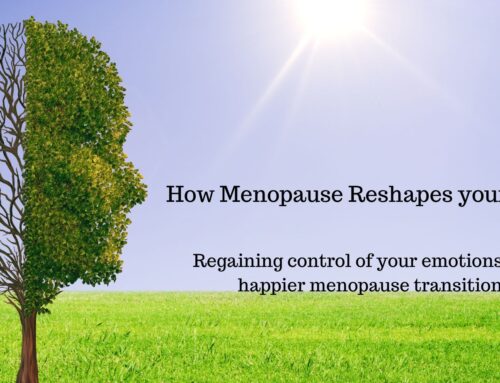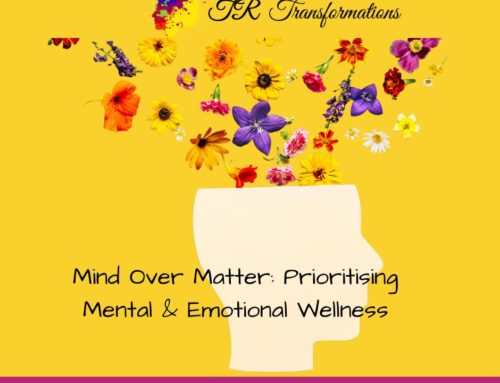Unravelling the Mystery of Menopause: A Partner’s Guide to Weathering the Storm
“She’s not herself lately…”
“It’s like she’s a different person…”
“Why is she always angry and irritated with me??”
Do these thoughts sound familiar? Has your once energetic, happy wife morphed into someone distant, disinterested, and quick to frustration? Do you feel your intimate connection diminishing? Is she constantly exhausted, gaining weight, and fixated on complaints?
You’re not alone. Menopause can profoundly impact partnerships, leaving many men perplexed by the transformation in their spouse. In this extensive blog post, I’ll shed much-needed light on the phenomenon of menopause and how its reverberations can be navigated with empathy, patience and understanding.
The Sudden Personality Change of Menopause
As a devoted menopause coach, I’ve had the privilege of working with numerous concerned partners puzzled by the abrupt personality shifts in their wives and long-term girlfriends.
“It’s like she’s become a different person overnight,” they say. “Why is she so irritable and angry now?” one asked. “She doesn’t even seem interested in me anymore,” another lamented. One worried husband confided that he felt his wife no longer found him attractive. A boyfriend exclaimed in exasperation, “My mom and sister never complained about menopause like she does!”
The truth is, what you witness on the surface is likely just the tip of the iceberg. While increased agitation, withdrawal, and tears may visibly surface, there is often a far more profound struggle unfolding privately.
Think back to when your mother was between 40-50 years old. Did she spend more time resting, stop dressing up, and withdraw from friends? Did her mood seem lower? Now imagine what you didn’t see. Was she significantly more anxious and easily upset? Did she cry more frequently? The menopause metamorphosis is often a “lightbulb moment” for partners and children who observed similar changes in their mothers and other women in their lives.
Lifting the Veil on Menopause’s Hidden Hardships
Traditionally, menopause has been viewed as simply the end of a woman’s reproductive years, marked by the cessation of her menstrual cycles. But this perspective only skims the surface.
Underneath, a complex hormonal shift is at play. The depletion of estrogen, progesterone, testosterone during the menopause transition impacts far more than fertility and periods.
Imagine your brain as the conductor of a symphony, with hormones as the instrumental sections. Not only do these hormones dictate moods, they also control anxiety levels, energy, libido, and an intricate array of other functions. From metabolism and bone health to skin vitality, memory retention, and even taste buds – every organ and system is touched by these powerful chemicals.
In fact, the global impact of waning reproductive hormones is actually at the root of the many unwanted symptoms. Women experience during menopause – from hot flashes to insomnia, heart palpitations to vaginal dryness. Each symptom points to a disruption in a specific body system or function due to the change in hormones.
Here’s the surprising catch: every woman’s experience with this decline is entirely unique. For some, hormones seem to drop gradually, almost like a slow dimming of lights. For others, it’s a volatile rollercoaster ride, with hormone levels sporadically plummeting and spiking like a faulty electrical circuit.
Amidst this hormonal chaos, many women reports feeling like a stranger in their own body. As hormones ebb and flow erratically, a woman may struggle to find her footing, never knowing what new unpleasant surprise around the corner. While she grapples to find balance, she also discovers unfamiliar sides of herself emerging along the way – less patience, more irritability, new anxieties and worries.
Within, she yearns for the woman she once was, now overshadowed by the intricate interplay of biology, aging, and emotions she can’t control. She remembers a version of herself not chained by the unruly whims of hormonal upheaval.
The Hard Truth: This Transition is Inevitable, But You Can Ease Her Journey
The difficult reality is that menopause is unavoidable for all women. It’s a natural rite of passage on the road of aging. And while helpful medical and holistic options exist to alleviate troublesome symptoms, the process can’t be completely erased or avoided.
Just as puberty ushers in reproduction, menopause signals the closing of that chapter. As with puberty, it’s characterized by significant physical and emotional changes as the body adjusts to new hormonal cues.
The good news? While menopause symptoms can’t be eliminated entirely, their severity and impact can be reduced through medical boosting of hormones (HRT), alternative therapy like that offered by TR Transformations, lifestyle measures, and emotional support from understanding partners.
This means as a loving husband or partner, you play a critical role in easing the turbulence of this transition for your wife or partner. Your knowledge, empathy and emotional presence can make all the difference in her experience.
Bridging the Gap: How to Support Your Partner Through The Menopause Transition
The manifestations of menopause can strain even the strongest relationships. In fact, studies show divorce rates initiated by women spike during this time, often due to lack of understanding and support from partners.
But knowledge and active support from you can prevent irreparable harm. Follow these tips to help your relationship not just survive, but strengthen through the maze of menopause:
• Lead with empathy, patience and compassion – this journey unleashes a tempest of physical and emotional symptoms that can be confusing and frightening. Your emotional support is the soothing balm she needs.
• Adopt open and honest communication – be willing to have heartfelt conversations and truly listen without judgment. This builds bridges of understanding to carry you through this trying transition.
• Perform thoughtful acts of love – take initiative with household chores, make her favourite meals, run her a bath, take over childcare duties. These gestures speak volumes.
• Be emotionally and physically present – accompany her to doctor appointments to understand her options, offer a shoulder when she needs comfort or advice. Learn about menopause so you can better grasp her experience.
• Explore solutions together – from medical treatments to natural alternatives like dietary changes, acupuncture, exercise, mindfulness practices and coaching for finding emotional balance and thriving through menopause.
• Prioritise intimacy and connection in new ways – be creative with building closeness through affectionate touch, deep conversation, shared activities, playfulness/humour. Intimacy isn’t just sex.
With your steady and informed support as her anchor through the stormy seas of change, she can emerge on the other side stronger, closer, and more resilient. Approach this transition as an opportunity to unite, grow, and strengthen your bond in the face of life’s inevitable challenges.
The labyrinth of menopause does lead to a brighter future for you both – one built on communication, empathy, and the power of true partnership. You’ve got this!







Leave A Comment